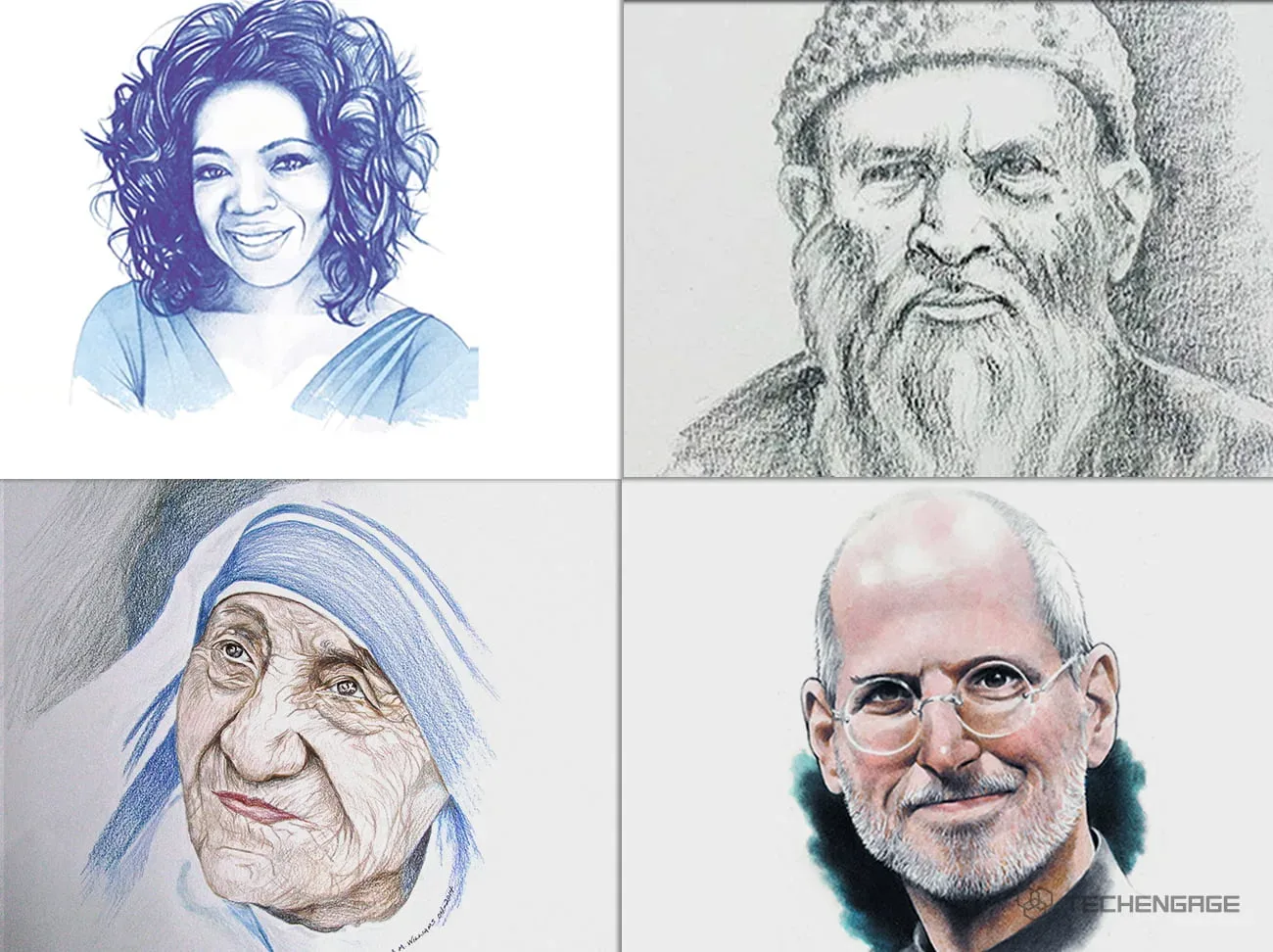Pursuing your passion can unlock your full potential, leading to a transformative impact on your character. This unique persona, shaped by fulfillment, cannot be replicated by others.
A name without identity is a life wasted, as identity refers to the unique personality that defines you.
Passion and dedication can aid in cultivating an ideal personality. However, Gallup’s research reveals that a mere 13% of the global workforce, out of 3 billion people, actively engage in their employment, leaving the majority disengaged.
Given this context, there may be various reasons for this, but I believe the main factor for many individuals is that they have not transformed their enthusiasm into a professional career. Differentiating one’s passion from making it their profession.
Identifying your passion
- Many believe their hobby to be their passion; however, this is not always the case. Hobbies are activities to pass the time, and they may not always translate into a passion although a hobby can become a passion, but only through determined commitment.
- Individuals who pursue their passions enjoy the liberty of autonomy regarding time and location; for instance, they can dedicate as much time as they wish to activities they are passionate about, without any restrictions.
- Though money alone may not determine one’s personality, it can bring a sense of fulfillment and contentment.
- People who are passionate about their work can remain tireless, even for long stretches of time. For example, Michelangelo, a renowned Italian artist of the fifteenth century, was renowned for his creative masterpieces and worked for days without becoming fatigued.
In order to identify one’s actual passion, the points above play a vital role.
Converting your passion into a profession
- In order to convert one’s passion into their profession and the profession being something that is more progressive and resourceful, there is a consistency in the efforts required.
- If your passion is solving a problem in society, you can enjoy great success out of it. For instance, Mark Zuckerberg initially developed ”Facemash” for Harvard University. But later on, he realized how a platform of such nature working for a wider market could be beneficial for the entire society and resulted in a mega social media network known as Facebook.
- Getting the best out of your passion is an art. Many passionate people think that their passion is not worthy enough to opt as a profession. For instance, being a chef does not sound that impressive to many people. But is it entirely true? Let’s quote an example of a very famous Indian chef, Sanjeev Kapoor, one of the greatest chefs in India. In his early childhood, he developed a passion for cooking while watching her mother teaching it to his sister. His inclination towards cooking became his passion. He turned his passion into his profession and became a millionaire. His cooking is globally popular and has been broadcasted in more than 120 countries.
So here is a piece of advice for almost 2.6 billion unhappy employees of the world: strive hard, first to identify your passions and then to convert them into a profession.







appreciated.. true representation of 2.6 Billion minds.